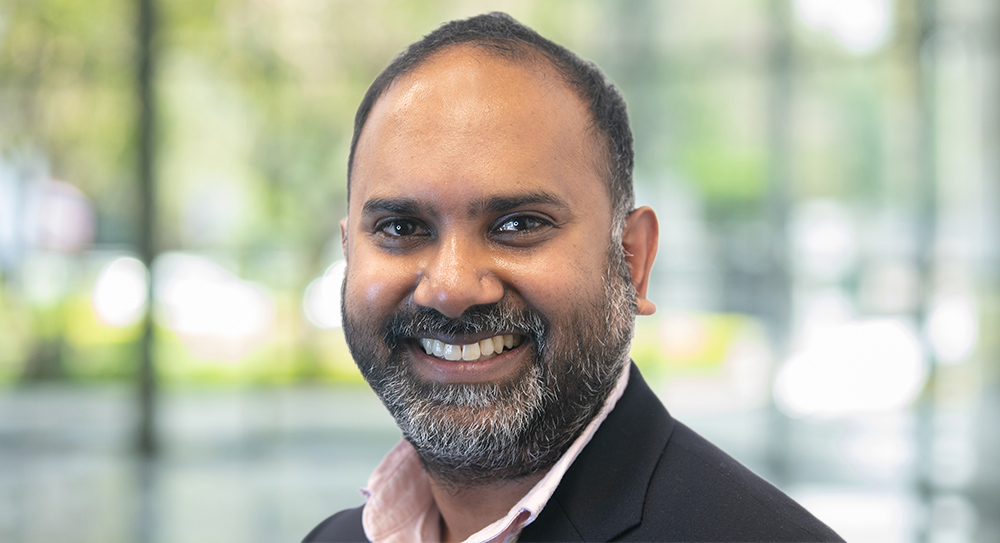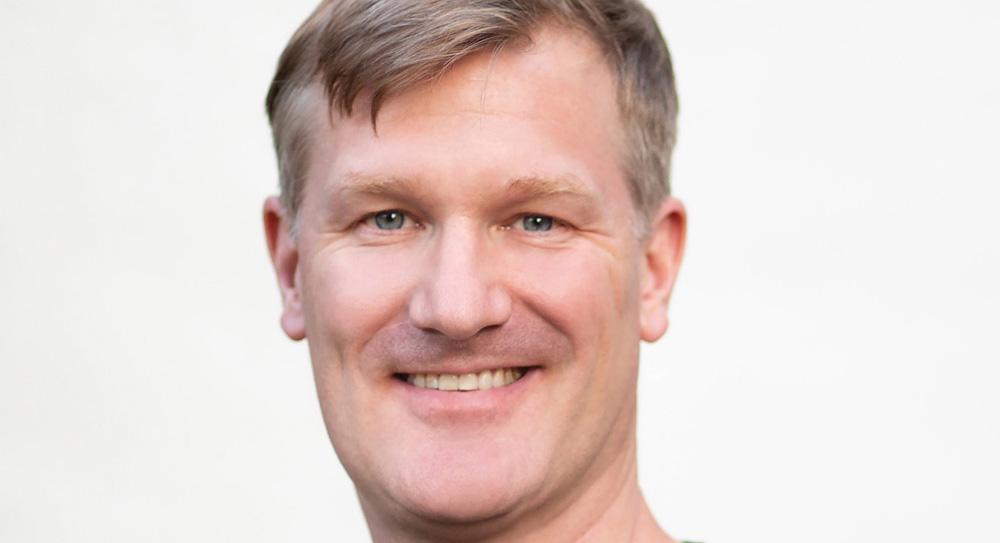The Profile: Stephen Richmond, CFO Abris Capital
The Drawdown (TDD): You haven’t followed a typical route into CFOing - you were previously an investment director.
Categories: ProfileFundraising & fund structuringDomicilesFund financeOutsourcingBanksReporting & Transparency TechnologyTech providers






